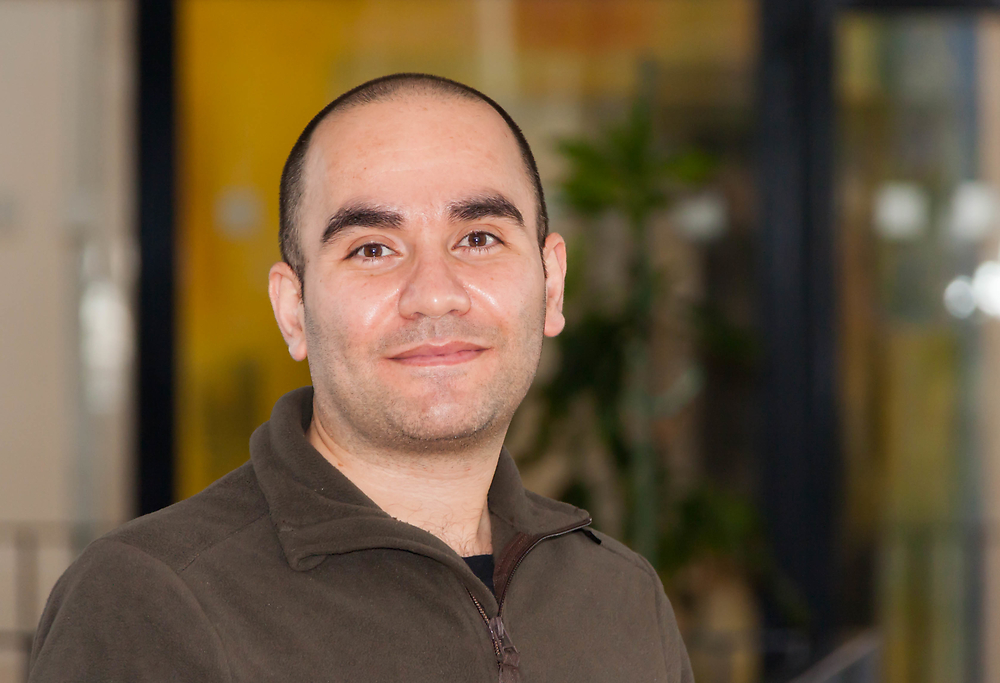January 25, 2021 | News | Welcome to the MPIDR
Aliakbar Akbaritabar is a new Researcher at the Digital and Computational Demography Lab

© MPIDR/Wilhelm
What networks do scientists form to carry out their scientific work? That's what Ali Akbaritabar, a new Researcher in the Digital and Computational Demography Lab, wants to find out. What he likes best about Rostock is its proximity to the sea – reminding him fondly of Brest, the French coastal city where he opted for a career driven by science.
1. What question drives you most in your research?
Well, not only in my research, but learning new things drives me in life in general. I enjoy learning a lot - be it a language, tool or technique, or area of research. Questions that stem from my personal life experiences have been at the core of my research projects so far. For example, the social aspect of doing science and how personal networks affect the way scientists do their scientific work has been a personal puzzle for me. Throughout different studies, I am trying to more or less tackle different aspects of this. I am hoping to continue that type of problem definition and research area selection, as this allows me to be passionate about what I am doing.
2. What are you particularly looking forward to as you start working at MPIDR?
I have experience working on science of science and scientific networks, social media, and online social networks, and I am interested in the potentials offered by social simulation. MPIDR and the Lab of Digital and Computational Demography is one of the unique places I have found with expertise in all these areas and brilliant researchers working on cutting-edge research problems. I am very much looking forward to further connecting these related areas of my research to each other with the help of my new colleagues. So overall, I am excited and looking forward to fruitful collaborations.
3. What do you like most about Rostock?
I have now officially been living in Rostock for twenty five days. The weather, city layout, and having the sea so close reminds me of Brest, a coastal city in northwestern France, and the first place I arrived to in Europe for a research visit in 2015. That research visit changed my life and was ultimately the driving factor that led me to decide to become a migrant scientist. Rostock brings back those good memories. In addition, I like that Rostock is very walking/cycling friendly, and everything is reachable within a reasonable time. I find it to be peaceful and calming.
4. What are you obsessed with at the moment besides demography?
I am one hundred percent sure that my weekly running and cycling sessions are not enough, considering the fact that my job is mainly sitting down and reading and writing. For this reason, I take any opportunity I get to move and be physically active. I have had three weekend running sessions around the Warnow river so far, and I look forward to more of that.